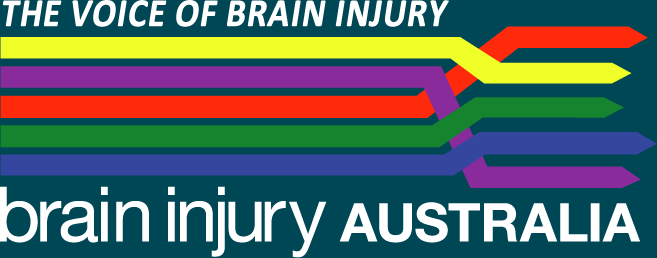Getting information
Getting information
It is helpful to have access to the following kinds of information
Mild Brain Injury Assessment and Diagnosis
The decision algorithm used in hospital emergency departments
Mild Brain Injury Discharge Advice
Hospital discharge advice for people with mild brain injury.
Mild Brain Injury dealing with symptoms
Strategies for dealing with specific symptoms.
Concussion in Sport Assessment & Diagnosis
If the injury is a sporting injury the guidelines for assessment and diagnosis are relevant.
Return to Sport Protocol
If the injury is a sporting injury the return to sport Protocols are important.
What people say
“I would like to be better informed on what’s going on in my head and why and how I can help it. What is out there to help support me?”
“The main thing is just getting information, and understanding what it was that was happening to me… getting an overall [picture] about the symptoms and what's involved and what to expect. Getting a really clear view on that would have been really helpful because I was blind, I don't really understand what's happening to me, and no-one can really tell me.”
“[It would have been helpful to know] what supports can be put in place. The things like reducing your bills, the support through Centrelink. I kind of think GPs should have been able to give that information.”
“It’s really hard to find one convenient place to find all the information.”
“I would’ve liked to have known, “Okay, this is likely the projection your injury will take, the possible consequences.”
“Any kind of objective measures of improvement are good… [and] just explaining what the range of normal is, is good.”
Eighteen Experiences
Two-thirds of participants reported that they struggled to access information about their injuries and strategies to support their recovery.
In the early phase after injury, access to information was hindered by injury related symptoms (fatigue and difficulty reading/looking at screens meant that participants were unable to search effectively for information themselves) and meant that they were reliant on others to provide them with the information they required. This occurred for some, but not for others.
Two participants noted that they were provided with written information about their injuries by the hospital at discharge but this information was not personalised and was not always useful to participants.
Where participants were unable to access the information they required, they described that they had worked through the situation through a process of “trial and error” which they felt was less than ideal.
